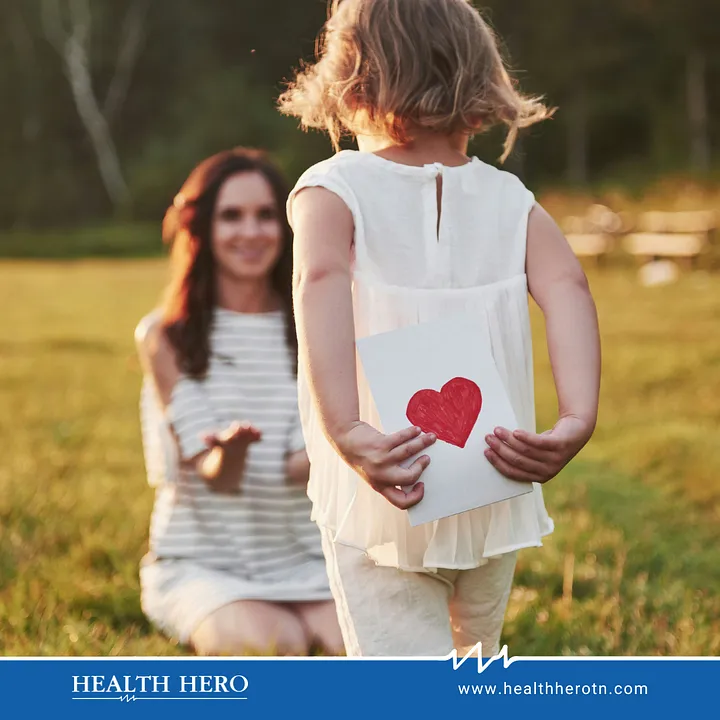Q: Why are vaccinations important for public health?
A: Vaccinations play a critical role in public health by preventing the spread of infectious diseases. They protect individuals from potentially serious illnesses and reduce the risk of outbreaks, helping to create “herd immunity” that shields vulnerable populations, such as those who can’t get vaccinated for medical reasons.
Q: How do vaccines work?
A: Vaccines stimulate the body’s immune system to recognize and fight specific pathogens, such as viruses or bacteria. They introduce harmless or weakened forms of these pathogens, or pieces of them, into the body. This triggers an immune response, teaching the body to recognize and attack the pathogen if encountered in the future.
Q: What types of vaccines are available?
A: There are several types of vaccines, including:
- Live-attenuated vaccines: Contain weakened forms of the virus or bacteria, such as the measles, mumps, and rubella (MMR) vaccine.
- Inactivated vaccines: Contain killed pathogens, such as the polio vaccine.
- Subunit, recombinant, and conjugate vaccines Contain parts of the pathogen (like proteins or sugars), such as the human papillomavirus (HPV) vaccine.
- mRNA vaccines: Contain genetic material that instructs cells to produce a protein from the pathogen, triggering an immune response, such as the COVID-19 vaccines.
Q: Are vaccines safe?
A: Vaccines undergo rigorous safety and efficacy testing before being approved for use. They are continually monitored for safety, with rare and generally mild adverse effects, such as soreness at the injection site or mild fever. The benefits of vaccination far outweigh the risks, making them a vital part of preventative healthcare.
Q: How often should I get vaccinated?
A: The frequency of vaccinations depends on the type of vaccine. Some vaccines, like the MMR or polio, provide lifelong immunity after a single course. Others, such as the flu vaccine, must be administered annually due to changing virus strains. It’s essential to consult a healthcare provider to determine the appropriate vaccination schedule for you and your family.
Q: What about booster shots?
A: Booster shots are additional vaccine doses that enhance or prolong immunity. They are recommended for certain vaccines, such as COVID-19 or tetanus shots, to maintain effective protection. Always check with a healthcare professional to see if booster shots are necessary.
Q: Can I get vaccinated if I have allergies?
A: In most cases, individuals with allergies can receive vaccines. However, it’s crucial to inform your healthcare provider about any allergies you have. They can assess the risks and recommend a suitable vaccine or approach to mitigate potential reactions.
Q: How do vaccinations benefit the community?
A: Vaccinations protect individuals and the community by reducing the spread of contagious diseases. Widespread vaccination helps create herd immunity, which shields vulnerable individuals who can’t be vaccinated due to medical reasons. This communal protection contributes to healthier populations overall.
In conclusion, vaccinations are a key component of individual and public health, protecting against potentially harmful diseases and reducing their spread. We can safeguard ourselves and our communities by staying informed and keeping up with recommended vaccines.

